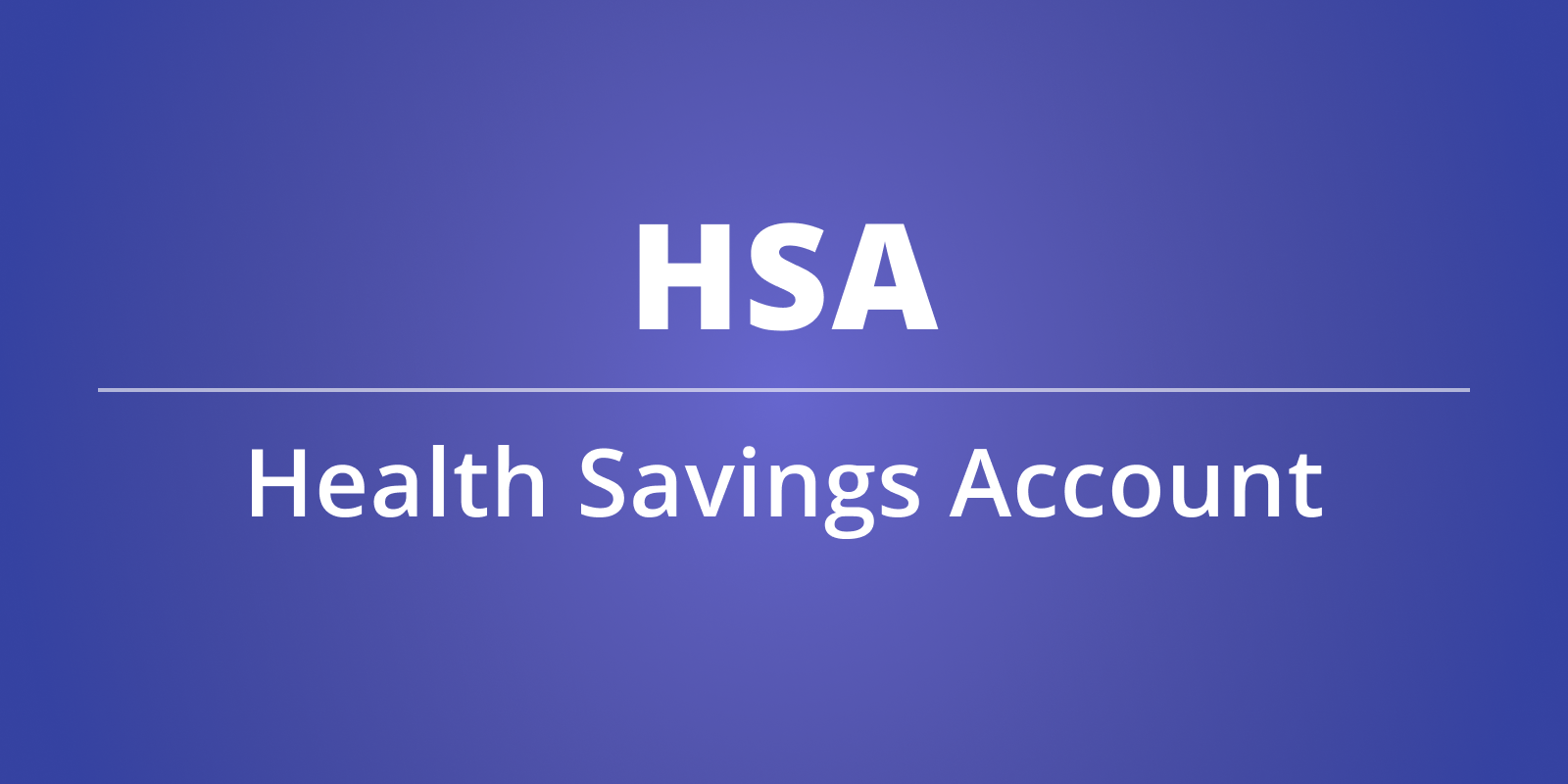HSAs are a powerful tool for saving on healthcare expenses. Four habits to save efficiently for your healthcare needs through Health Savings Accounts.
employees Articles
HSAs Help Women Make Progress Towards Financial Security
Women face more challenges when it comes to savings and retirement. It is primarily because women encounter a wage gap that follows them into their retirement years. Women only have 70% of the overall income in retirement that men enjoy. Many in that age group have no retirement savings at all. In light of these facts, women need to plan for their retirement and consider health savings accounts (HSA) as a tool to help them achieve their goals and set themselves up to be financially secure.
Are You Planning for an Early Retirement?
Retirement income, savings, and investments all come to mind when people plan for retirement, but one thing often overlooked is the role that healthcare expenses can play in your retirement plans. It is time to focus in on that as well.
Four Key Things Employees Should Know About HSAs
HSAs are becoming a more critical player in your benefits packages. Here’s what you should know about Health Savings Accounts.
FIRE & HSA: Can an HSA Help You Retire Early?
The HSA and F.I.R.E. aim to help one retire decades before the customary retirement age. Learn how HSAs can help you reach your goals faster.
HSA Engagement: Should You Seed, Match or Reward?
Taking your employees on a journey from spenders to savers to investors requires thinking about how you structure the plan itself—a quick look at the possibilities. Seed, Match, and Reward.
What is the Difference Between HSA and FSA?
A Health Savings Account (HSA) or a Flexible Spending Account (FSA) allows people to contribute pretax dollars for qualified medical expenses such as copayments and deductibles.
What is a Health Savings Account (HSA)?
A Health Savings Account, or HSA, is a tax-advantaged savings account. An HSA account holder can use it to pay for out-of-pocket qualified medical expenses for themselves and their dependents.








